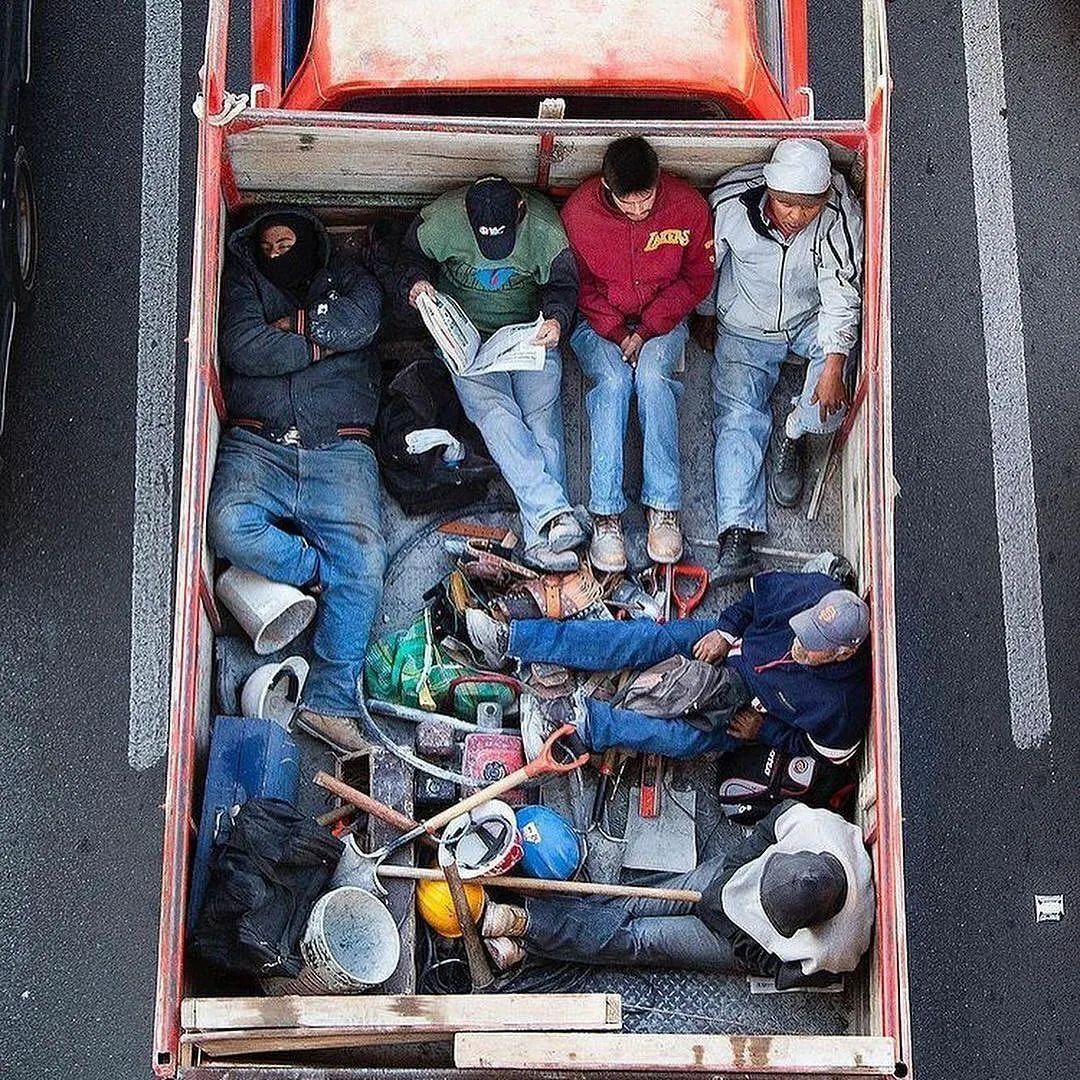Thousands of people in the United States and many other countries have faced precarious work, and surveys show that part of the workforce in the USA has increasingly sought out digital platforms as a means of livelihood. The so-called “online gig platform” was searched by 16% of adult Americans, 9% in 2020, according to a survey conducted by the
Pew Research in August 2021. The study demonstrated how “the emergence of companies like Uber, TaskRabbit or DoorDash has expanded the way people earn money and added another dimension to the labor force”.
However, as another study by the same institute points out, there is an ethnic issue involving people who take on low-paid job, as well as all the challenges they face due to this choice.
According to the
Pew Research publication, “Hispanic adults are more likely than other racial or ethnic groups to have done gig work: 30% of this group have ever earned money through an online gig platform, compared with 20% of Black adults, 19% of Asian adults and even smaller shares of White adults (12%)”.
“Taking on gig jobs also varies substantially by age, with adults under age 50 about twice as likely as those ages 50 and older to have ever done this type of work (22% vs. 10%). And while younger generations tend to be more racially and ethnically diverse compared with older ones, age alone does not fully account for the racial and ethnic gaps present within this workforce. Even among adults under the age of 50, Hispanic (34%) or Black Americans (27%) are more likely than those who are White (16%) to have earned money via an online gig platform”.
The rise of the gig economy generated fierce debates about poor conditions and impacts on workers' lives, and some revolve around racial prejudices, as pointed out in an evaluation of clients by the apps, and also especially around the lack of legal labor protection. Despite the business rhetoric that these job categories can offer “greater freedom and flexibility”, research has proven that it is the non-white population (Latinos, Asians and blacks) who are most likely to be make available as a workforce on online platforms.
“The current survey finds that majorities of white (76%) and non-white (81%) gig platform workers say their experience with taking on these jobs has been positive. However, non-white are more likely to report troubling experiences, specifically feeling unsafe or experiencing unwanted sexual advances while on the job.”
“The survey further clarifies that ‘some gig jobs may require contact with the public, thereby potentially increasing workers’ risk of exposure to COVID-19. Some 51% of gig workers who have earned money through these platforms in 2020 over the past year say they have been at least somewhat concerned about getting the coronavirus while on the job in that time frame”.
 alexcartagenamex
alexcartagenamex











